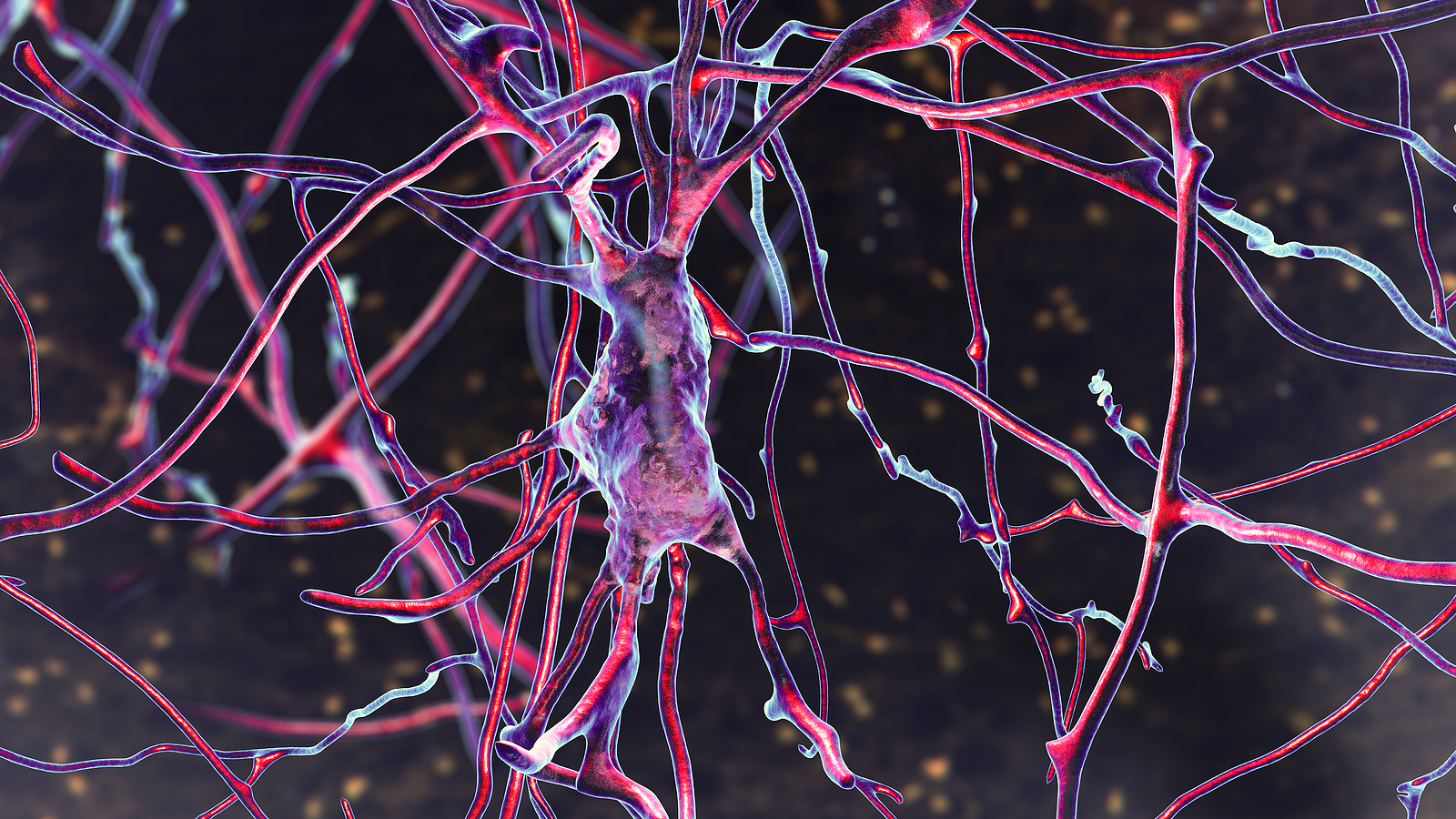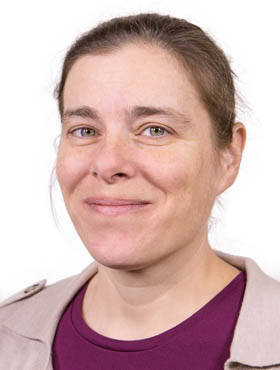
Kaczorowski of JAX to launch study of genetic factors involved in sleep disturbances in patients with Alzheimer’s disease and other dementias.
Many Alzheimer’s disease patients suffer from sleep disturbances, including insomnia, waking up frequently throughout the night or sleeping through the day. In turn, these sleep problems appear to exacerbate the progression and severity of Alzheimer’s disease, says Jackson Laboratory Associate Professor .
“Genetic factors underlie disordered sleep associated with Alzheimer’s disease,” says Kaczorowski, who holds the Evnin Family Chair in Alzheimer’s Research at JAX. “If we can find those factors and determine whether they can be blocked, it’s a potential way to stave off cognitive decline.”
Detection and validation of these genes and pathways could point the way to new treatments that alleviate the debilitating symptoms of Alzheimer’s disease and other dementias. “The goal is to improve the quality of life for patients and their caregivers,” she says.

The National Institute on Aging has awarded Kaczorowski’s lab a five-year grant totaling $4,227,813 to study the two-way relationship between Alzheimer’s disease symptoms and sleep disruption. JAX Associate Professor
Kristen O'Connell, Ph.D.Kristen O’Connell’s research program is focused on understanding the impact of diet, body weight and peripheral hormone signaling on neuronal excitability and plasticity in the hypothalamus and other brain regions associated with the regulation of food intake and body weight.Kristen O’Connell is co-principal investigator of the grant. The multidisciplinary research team also includes genetics expert Tim Hohman of Vanderbilt University Medical Center, University of Pennsylvania sleep expert Allan Pack, JAX Associate Professor Vivek Kumar, Ph.D.Understand the genetic and neurobiological basis of complex behaviors that are important in psychiatric conditions such as addiction, ADHD, and depression using genomic, neural circuit, and computational tools.Vivek Kumar (who, with Pack, developed a machine learning-based visual sleep state classifier) and JAX computation expert Vivek Philip, Ph.D.My interests lie in the application of statistical methodologies to the area of genetics, specifically quantitative trait genetics and genomics for hypothesis generation and validation.Vivek Philip .
Working with mouse models, the research team will identify genes that underlie an individual’s risk for developing Alzheimer’s-related loss of sleep, and translate their findings to genes and networks that underly variation in sleep loss in human patients.
“The results from these studies will significantly extend current knowledge of the relationship between sleep disturbances and the cognitive decline of Alzheimer’s,” Kaczorowski says, “and potentially identify therapies for the elderly population suffering from various neurodegenerations.”